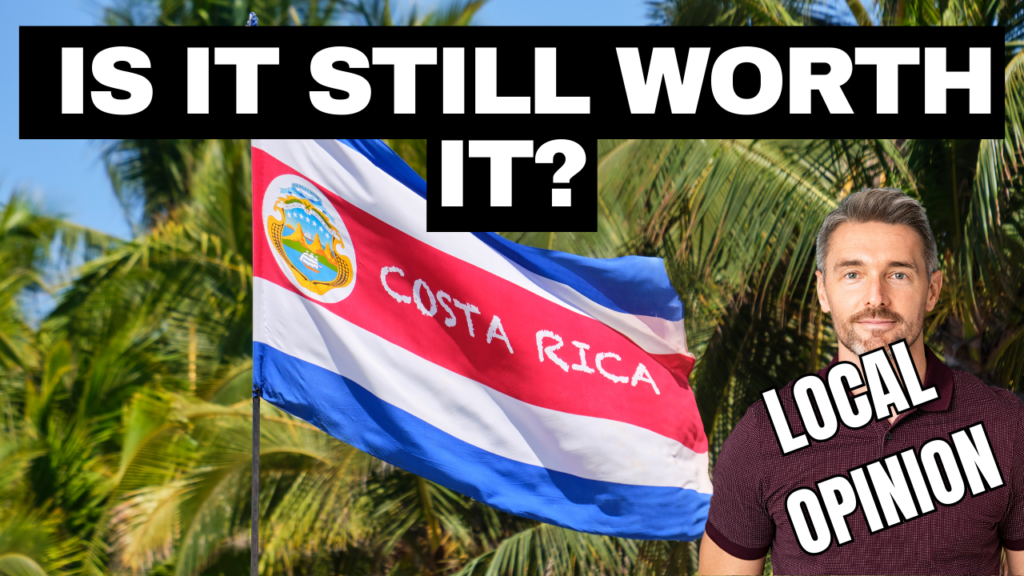7 Countries Rich Expats Are Fleeing (And Their New Destinations)
Why are successful professionals and retirees packing their bags and leaving certain countries? Which countries rich people are fleeing? And how can their stories be an alert for you? Recently I came across very interesting data on the countries with the biggest exodus of millionaires. In the top 7, two of them are very curious […]
7 Countries Rich Expats Are Fleeing (And Their New Destinations) Read More »









